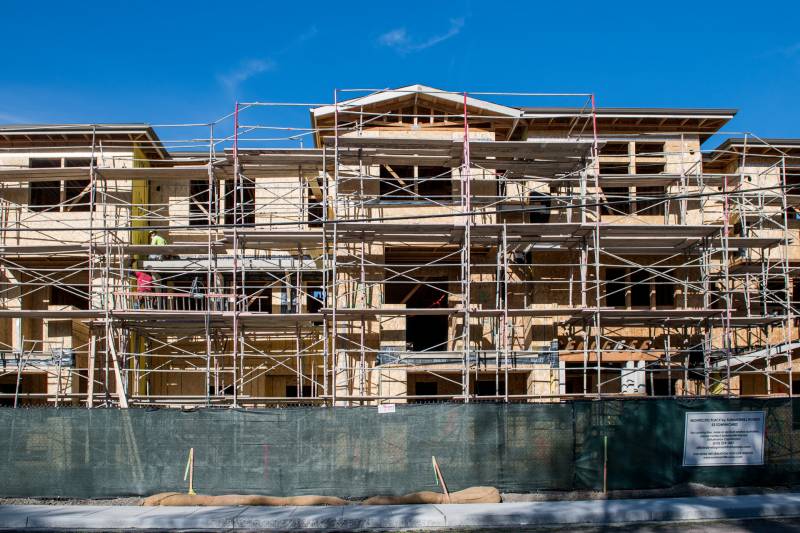State auditors will examine California’s system for reviewing and approving cities’ plans to make way for more homes, which has grown increasingly contentious amid the housing crisis, especially for cities that had long faced little pressure to plan for growth.
Such plans to add a certain amount of homes based on population growth, called housing elements, must be submitted by cities and counties every six years.
More than a year, since cities had to get their housing elements approved by the California Department of Housing and Community Development, about a third of Bay Area cities and counties, are still out of compliance with state law — and some cities have raised concerns about the process.
The audit approved this week by the Joint Legislative Audit Committee will look at how the state reviews housing elements to make sure the standards are consistent and clear enough for cities and counties to actually follow.
“We need the state’s department of housing to provide their best guidance, but there have been problems,” said Sen. Steve Glazer (D-Orinda), who requested the audit. “We have to identify them and fix them so we can do better in the future.”

